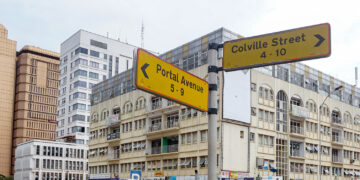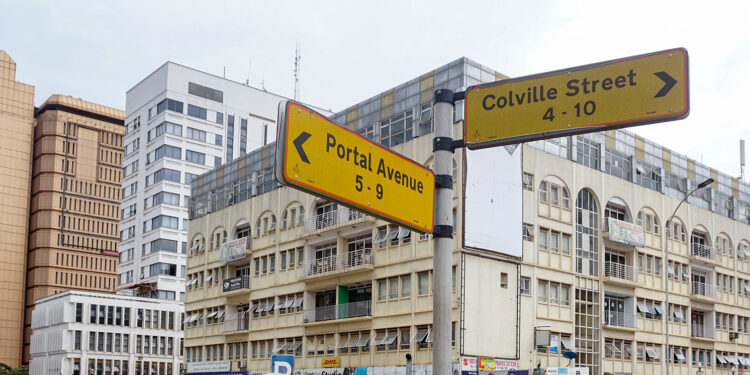In a landmark ruling, the High Court of Uganda has directed the Kampala Capital City Authority (KCCA) to rename roads and public spaces named after British colonial officials.
The ruling, delivered by Justice Musa Ssekaana on February 27, 2025, mandates KCCA to take all necessary administrative, legislative, and practical measures to rename these public spaces to reflect Uganda’s post-independence identity and cultural heritage.
The case, filed by petitioner John Ssempebwa and two others in 2020, challenged the continued use of colonial-era street names some 62 years after Uganda gained independence.
The petitioners argued that these names are a painful reminder of Uganda’s oppressive colonial past and that they perpetuate the legacies of exploitation and cultural erasure.
“This court issues an order directing the respondent (KCCA) to take administrative, legislative, and other measures to enforce the renaming of streets, roads, and other public places to names that promote community harmony, unity, or exemplify the culture, heritage, and values of the people of Uganda,” Justice Ssekaana stated.
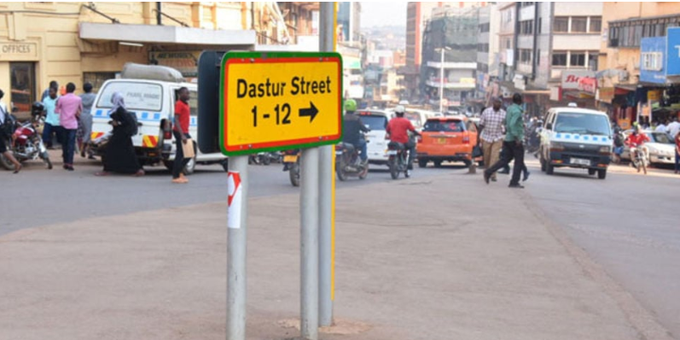
Renaming Process
Daniel Nuweabine, the spokesperson for KCCA, acknowledged the court’s decision and emphasised that the renaming process would be undertaken with careful consideration of the community’s identity.
“Road naming is a meaningful process that reflects a community’s aspirations and values. We will ensure the names honour individuals who resonate with the ideals and heritage of Uganda,” Nuweabine said.
He highlighted that the renaming process would adhere to the Kampala City Authority Naming Guidelines of 2017, which encourage names that reflect the contributions of Ugandans who have positively shaped the nation’s development.
Among the streets that may be affected by the ruling are prominent roads in Kampala, such as Colville Street, Lugard Road, and Ternan Avenue, named after colonial figures like Lord Frederick Lugard, Colonel Henry Colville, and Sir Henry Hamilton Johnstone. These individuals are linked to the colonial exploitation of Uganda, especially in regions like Buganda and Bunyoro, where their actions are still felt today.
The court’s ruling aligns with broader efforts in Uganda to decolonise public spaces and reassert national identity. For years, many Ugandans have expressed discomfort over the continued commemoration of colonial figures, with some seeing it as an affront to the dignity and independence of the nation.
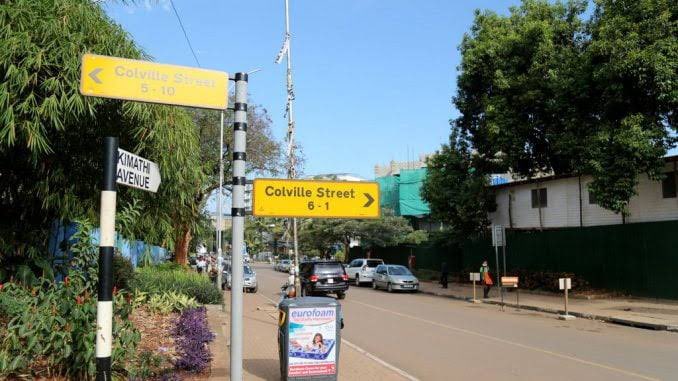
Renaming these streets is seen as a critical step in addressing the lasting impact of colonialism and reclaiming Uganda’s heritage. The renaming process will involve extensive consultations with local communities, residents, and leaders.
KCCA has pledged to ensure that the new names reflect the values and history of Uganda, highlighting national heroes and cultural icons who have played a significant role in shaping the country.
“This is not just a symbolic change but part of a broader effort to rejuvenate the city and make it more reflective of Uganda’s aspirations,” Nuweabine added.
Colonial Legacy
The petition, filed by John Ssempebwa, argued that the continued honouring of colonial figures in street names undermined Uganda’s hard-won independence.
Ssempebwa pointed to the historical context of these names, noting that they were tied to figures who were responsible for atrocities such as land dispossession, violence, and massacres during the colonial era.
He stressed that maintaining such names distorted history and perpetuated a narrative that colonialism was still valid. “These names distort our history and undermine the dignity of Ugandans,” Ssempebwa argued.
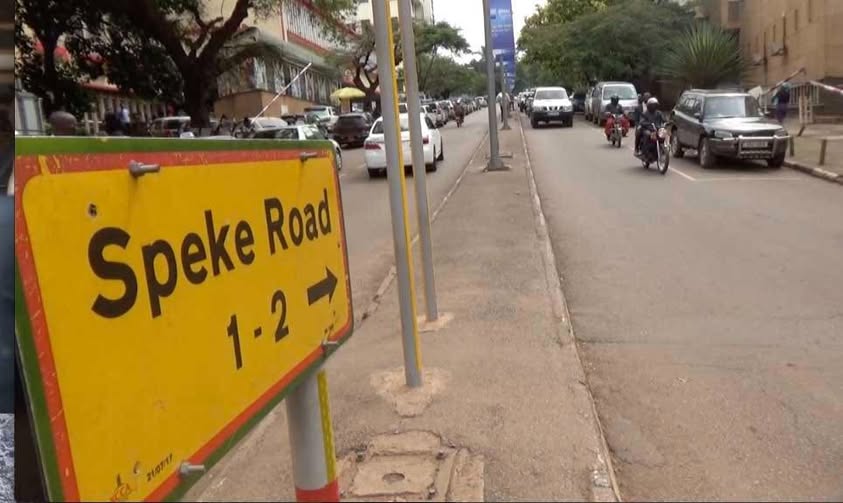
The ruling has sparked wider discussions on the legacy of colonialism in Uganda, with some activists calling for the removal of colonial monuments and other symbols of the colonial era.
Numerous streets and public landmarks in Kampala have been named after colonial officials, such as Lord Frederick Lugard, Captain William, Col. Henry Colville, Sir Henry Hamilton Johnstone, and others. These individuals are historically associated with the exploitation, oppression, and violence during the colonial period, particularly in regions like Buganda and Bunyoro.
While renaming streets is an important symbolic victory, many see it as only one part of the broader effort to reckon with Uganda’s colonial past and to fully embrace its own heroes, values, and culture.
In response, KCCA has emphasised that the renaming process will follow a transparent and inclusive procedure. The authority has promised to engage with the public through a consultation process that allows citizens to suggest alternative names that reflect Uganda’s culture and history.
This democratic approach will ensure that the names resonate with the people and contribute to a shared sense of identity.
